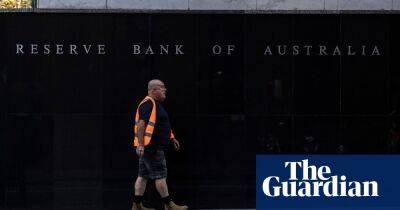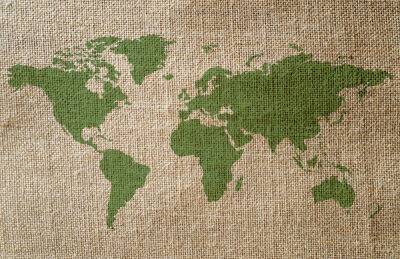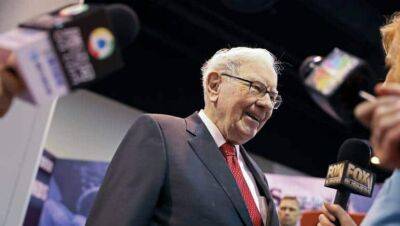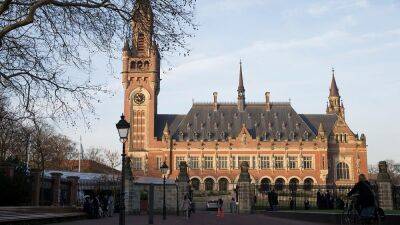World Bank and IMF gathering underscores a bleak global outlook
In Washington it was the week of the four Ws – war, walkouts, weakness and warnings. Some half yearly get-togethers of the International Monetary Fund and the World Bank are dull, easily forgettable affairs; this was not one of them.
The first W – the war in Ukraine – dominated the meetings and could well dominate the next gathering of the two institutions in the autumn as well. Despite pleas for the fighting to stop, there is no sign of that happening.
This will have dire consequences for Ukraine, Europe’s poorest country even before the Russian invasion. The World Bank estimates the cost in ruined buildings and infrastructure alone runs to $60bn (£46.7bn). The IMF says the economy could contract by almost 40% this year and that Kyiv will need external support of $5bn a month simply to keep the country operating.
Russia will also suffer severe damage as a result of its aggression, but the impact of the war is not confined to the two protagonists. It is leading to dearer energy and food, while the resulting higher inflation and slower global growth mean there is both a humanitarian and an economic rationale for bringing the war to an end.
Hence the second W: the symbolic walkout by the British, Americans and Canadians when the Russian representatives started to speak at the meeting of G20 finance ministers and central bank governors. Russia retaliated by blocking the release of a communique at the end of the meeting of the IMF’s main policy committee, which traditionally requires unanimity.
These diplomatic manoeuvres highlighted weaknesses in the multilateral system: the third W. The G20 came to prominence during the global financial crisis and was supposed to supersede the G7 as the prime international forum for economic
Read more on theguardian.com



















